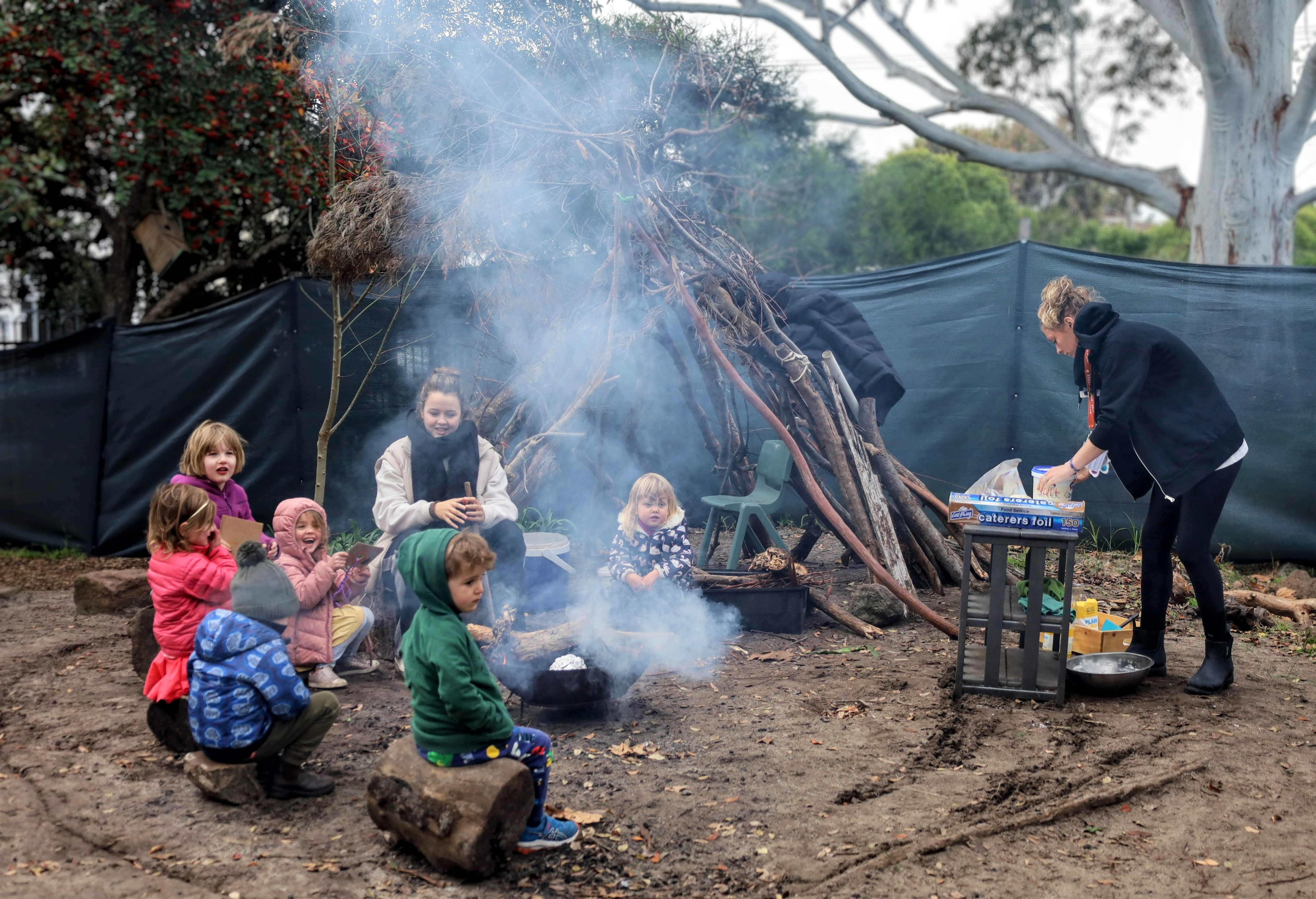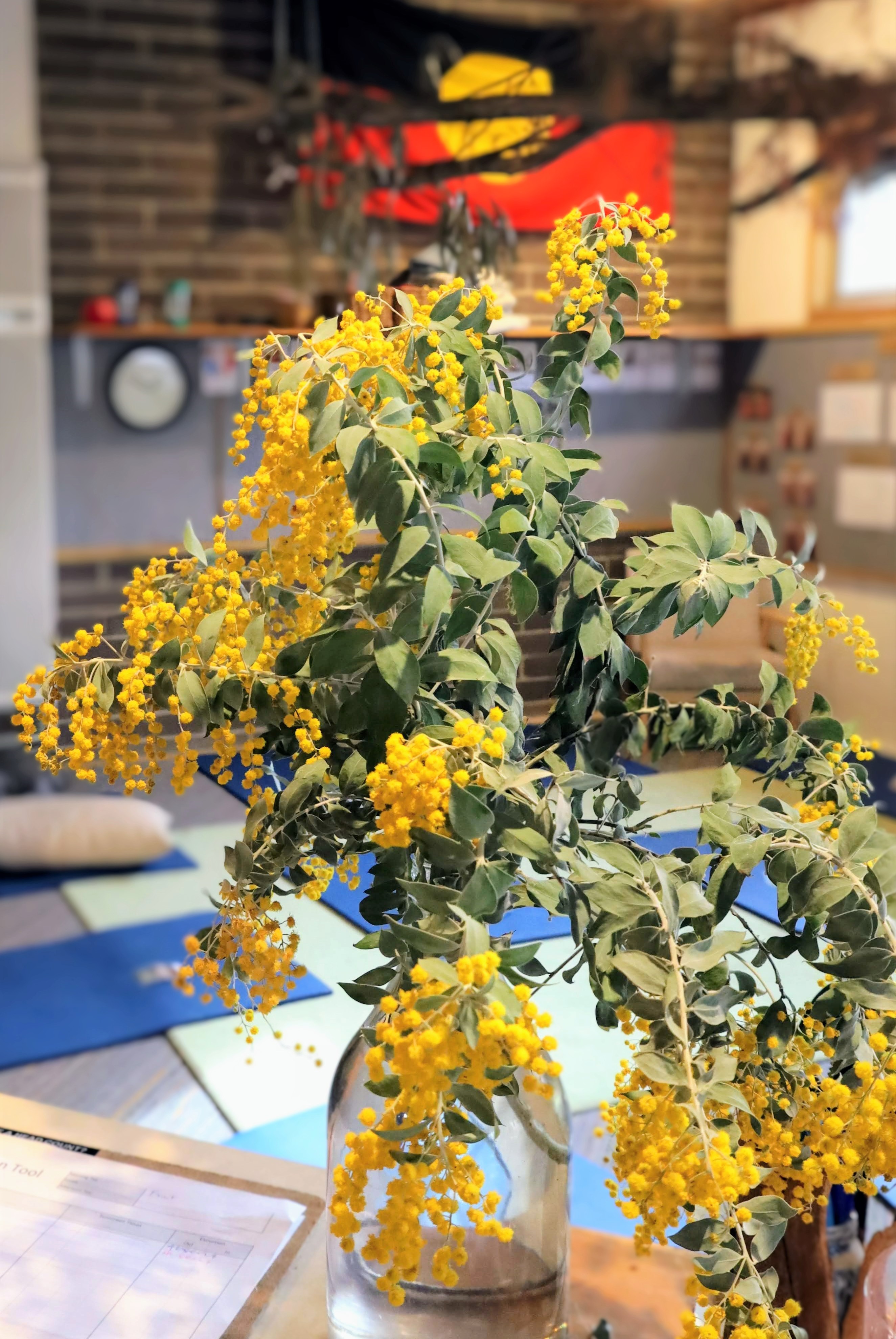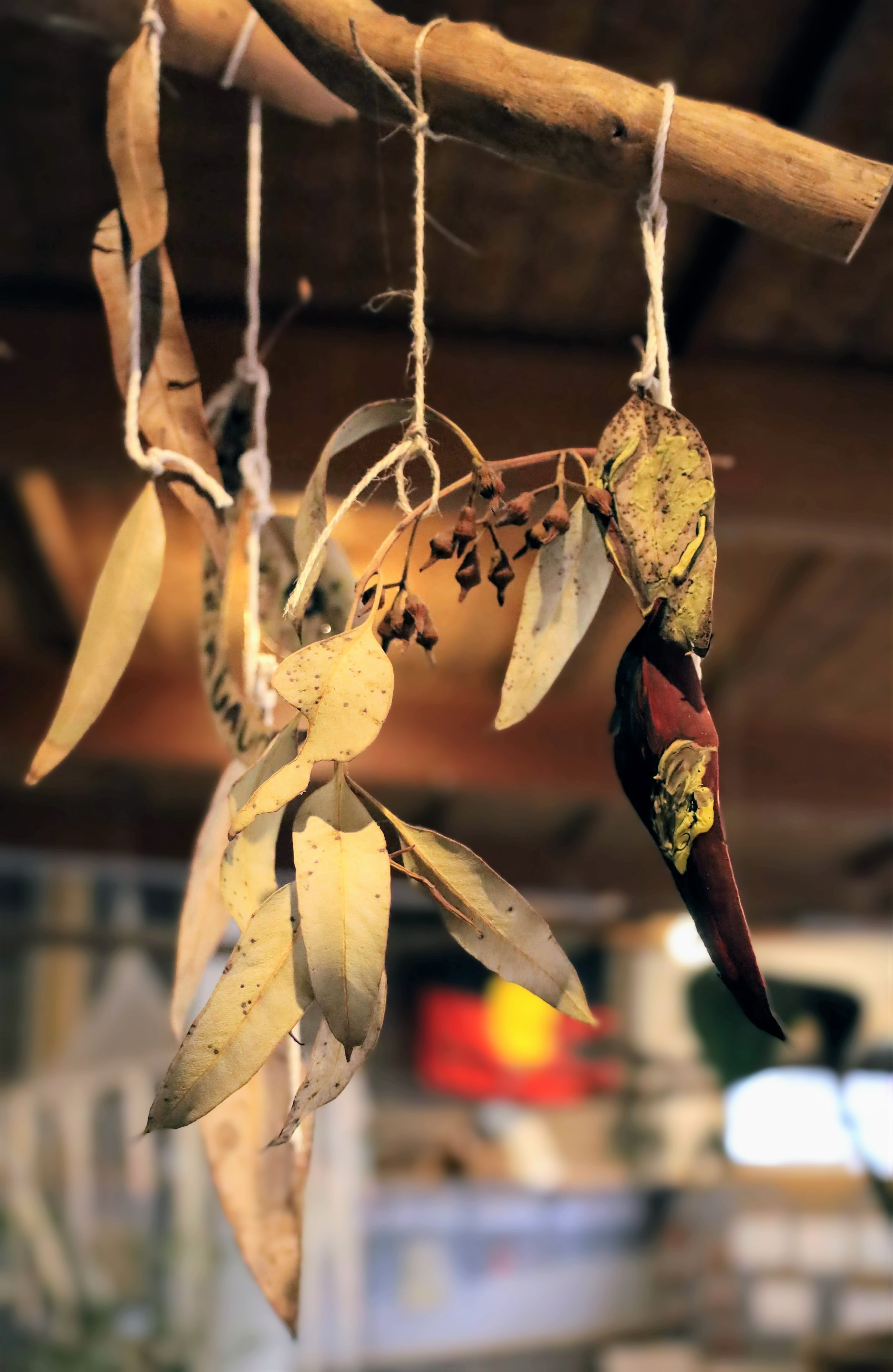At the start of NAIDOC Week, educators Abbie Whykes and Ebony Lee reflect on their experience at the recent Reconciliation Symposium they attended in Darwin.
The Reconciliation Symposium was started back in 2015 by Early Childhood Australia. The aim is for early childhood educators to come together and reflect and work to make change in the early childhood sector in regard to reconciliation and respect for First Nations people, culture and histories. This is an opportunity for all educators, whether they’re on the start of their reconciliation journey, or looking to deepen their knowledge.
Each day of the symposium has an agenda full of guest speakers, entertainers, workshops, pop-up shops, and information tables. We were lucky enough to hear from a range of speakers from many different organisations, including Narragunnawali, SNAICC (National Voice for Our Children), Reconciliation Australia, and the Northern Territory Department of Education.
Throughout the two-day event we listened to storytelling and real-life experiences that both speakers and participants felt comfortable and safe enough to share with us.
We were deeply moved by everything we learnt. We learnt the name of the land we were on was Larrakia, or “saltwater country”. We learnt about trauma informed practice and the setbacks First Nations people feel going into educational settings. We learnt that to understand trauma you must first learn and understand culture. We learnt that accepting our own privilege is a key part of being able to move forward with support for reconciliation.
Another key takeaway was the way in which different educational settings help Aboriginal and Torres Strait Islander children connect with the land and their culture. This was highly important for us as we are passionate about respecting and being on Country with children.
When working in education we must be working towards a culturally safe space.
Stepping into an education setting can be daunting for many of those who have had negative experiences in their own education. Our path is understanding that we have not experienced the generational trauma of First Nations people, but we can listen and begin to understand. We need to be brave and call out racist comments of any kind.
We would love to share all the stories we heard, but we need to respect that these are not our stories, and they came from a very personal experience. Instead, we encourage you all to listen and understand what our First Nations people are willing to share with us.
We will be reflecting on what reconciliation looks like to us and the rest of our teams, and we are looking forward to seeing what being brave to make change can look like, and what change we can make to help close the gap.


